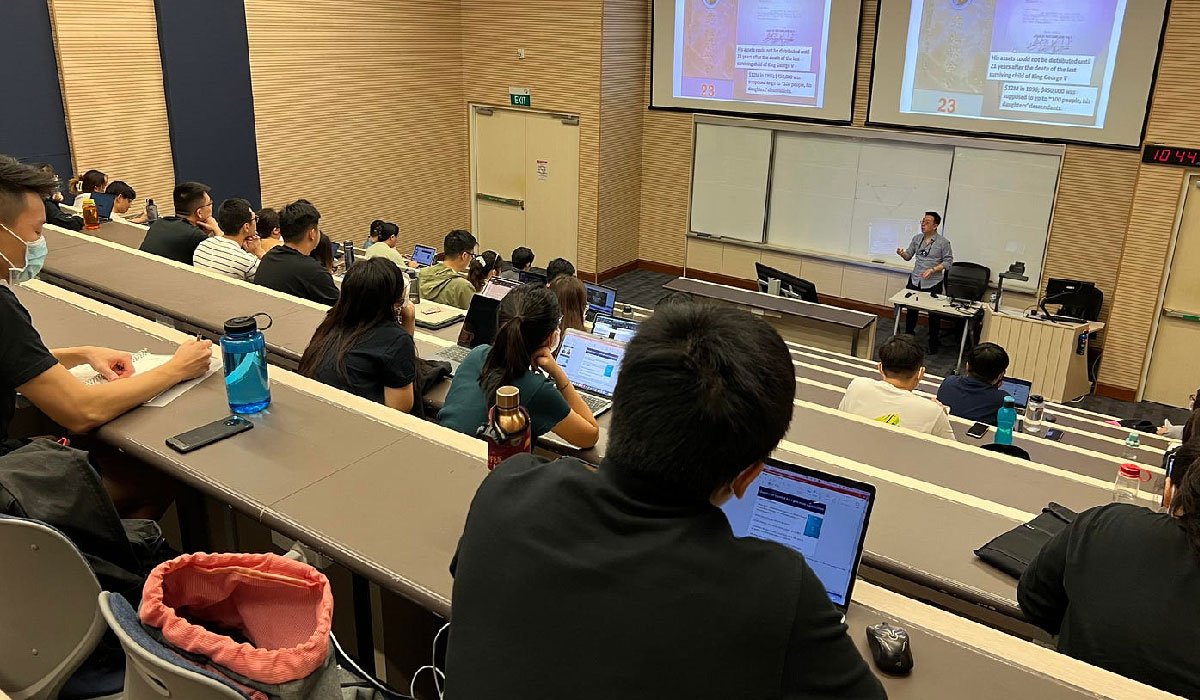Introduction
In the realm of academic research and information dissemination, Jiayue Wan Proquest stands out as a leading global resource. It provides access to a multitude of databases, journals, theses, and dissertations, empowering researchers, students, and institutions to connect with vital information across diverse fields. Among the many scholars contributing to this vast repository of knowledge is Jiayue Wan, whose work spans various disciplines and represents a significant facet of contemporary research. This article explores Jiayue Wan’s academic journey, contributions to ProQuest, and the broader implications of his work within the academic landscape.
Early Academic Background
Jiayue Wan’s academic career began in China, where he pursued his undergraduate studies in a field deeply intertwined with technology and information science. His passion for research blossomed during this time, as he engaged with complex topics such as data analytics, information systems, and user experience in digital libraries. Wan’s thirst for knowledge led him to seek opportunities abroad, ultimately resulting in his enrollment in a prestigious graduate program in the United States.
During his graduate studies, Wan cultivated a deeper understanding of information science and library management. His focus shifted toward the intersection of technology and information access, reflecting a growing trend in academia. As the digital landscape expanded, so too did Wan’s interests in how technology could enhance research and educational practices.
Contributions to Research and ProQuest
Theoretical Foundations
Wan’s research is rooted in theoretical frameworks that examine the efficacy of digital information systems. He has explored the usability of online databases, assessing how user interface design impacts the ability of researchers to access and utilize information effectively. His work delves into the cognitive processes involved in information retrieval, employing various methodologies including user studies, surveys, and qualitative interviews to gather insights.
One of Wan’s notable contributions is his examination of the role of metadata in enhancing information retrieval systems. By analyzing the structure and application of metadata, he has highlighted how it influences user experience and information discoverability in databases like ProQuest. This research not only contributes to theoretical discourse but also has practical implications for database design and user interface development.
Empirical Research
Beyond theoretical explorations, Jiayue Wan has conducted empirical research that informs the development of digital libraries. His studies often focus on user behavior and preferences, which provide valuable data for database administrators and designers. For instance, by studying how different demographic groups interact with digital resources, Wan has offered insights into tailoring user interfaces to meet diverse needs.
In one of his significant studies, Wan analyzed the search behavior of graduate students in ProQuest’s extensive repository. His findings revealed patterns that indicate how students prioritize certain types of resources, such as peer-reviewed articles over gray literature. This research not only sheds light on user preferences but also offers recommendations for improving search algorithms and enhancing resource visibility.
Innovations in Digital Libraries
Wan’s research extends into the realm of innovative practices in digital libraries. He has explored emerging technologies such as artificial intelligence and machine learning, investigating their potential to revolutionize information retrieval systems. By incorporating AI-driven solutions, Wan argues that digital libraries can enhance user experience by providing more personalized search results and recommendations.
Moreover, his studies on the integration of natural language processing (NLP) into database systems suggest that such advancements could bridge gaps in user understanding, making academic resources more accessible to non-expert users. This work is particularly significant in an era where interdisciplinary research is on the rise, and scholars from various fields seek to access information outside their primary area of expertise.
Collaborative Efforts
Jiayue Wan’s commitment to advancing the field of information science is also evident in his collaborative efforts. He has worked with other researchers, librarians, and technology experts to develop best practices for digital information systems. His contributions to conferences and workshops further facilitate dialogue among professionals, fostering a culture of innovation and collaboration in academia.
For example, during a conference on digital information access, Wan presented his findings on the effectiveness of collaborative filtering techniques in enhancing user experience. His insights sparked discussions among attendees, leading to collaborative projects aimed at implementing these techniques within ProQuest and other digital platforms.
The Impact of Wan’s Work
Enhancing Information Access
Jiayue Wan’s research has had a profound impact on the way information is accessed and utilized in academic settings. His emphasis on user experience and the usability of digital databases has influenced how organizations like ProQuest design their platforms. By prioritizing user-centered design, these organizations can ensure that researchers and students can efficiently find and access the information they need.
Moreover, Wan’s work on metadata and search behavior has led to enhancements in the indexing and retrieval processes of databases. This not only improves the discoverability of resources but also contributes to more effective research outcomes, ultimately benefiting the academic community as a whole.
Advancing Interdisciplinary Research
As the boundaries between disciplines continue to blur, Wan’s research on the accessibility of information plays a crucial role in facilitating interdisciplinary collaboration. By advocating for more inclusive and user-friendly digital libraries, he is helping to create an environment where scholars from diverse backgrounds can engage with one another’s work more readily.
The rise of interdisciplinary research has necessitated the development of resources that cater to a broader audience. Wan’s findings serve as a blueprint for how digital libraries can evolve to support this trend, ensuring that valuable information is accessible to all.
Shaping Future Research Directions
Jiayue Wan’s contributions extend beyond immediate practical applications; they also shape future research directions in the field of information science. His exploration of emerging technologies like AI and machine learning paves the way for further investigations into how these innovations can transform the landscape of academic research.
As digital libraries continue to evolve, researchers will look to Wan’s work for guidance on how to harness technological advancements to improve access to information. His emphasis on user experience and the importance of understanding user behavior will remain relevant as scholars seek to create more effective and efficient research environments.
Challenges and Considerations
While Jiayue Wan’s contributions are commendable, the field of information science is not without its challenges. One significant issue is the digital divide, which affects access to information for marginalized communities. Wan’s research underscores the importance of addressing these disparities, ensuring that all individuals have equal opportunities to engage with academic resources.
Furthermore, as technology continues to advance rapidly, researchers must remain vigilant in assessing the ethical implications of these developments. Issues related to data privacy, algorithmic bias, and the potential for misinformation must be considered as digital libraries increasingly rely on AI and machine learning.
Jiayue Wan’s work highlights the necessity for ongoing discourse in the academic community surrounding these challenges. By fostering a culture of critical reflection and ethical considerations, researchers can work towards creating a more equitable and responsible approach to information access.
Conclusion
Jiayue Wan’s journey as a scholar and his contributions to ProQuest exemplify the dynamic interplay between technology, information access, and research practices. His emphasis on user experience, innovative technologies, and interdisciplinary collaboration has made a lasting impact on the field of information science.
As digital libraries continue to evolve, Wan’s research will serve as a cornerstone for future developments, guiding scholars and practitioners in their efforts to enhance information access. By prioritizing inclusivity, user-centered design, and ethical considerations, the academic community can work towards creating a more accessible and equitable landscape for research and information dissemination. Through his work, Jiayue Wan not only advances the field but also inspires future generations of researchers to continue exploring the vital intersection of technology and information in academia.







+ There are no comments
Add yours